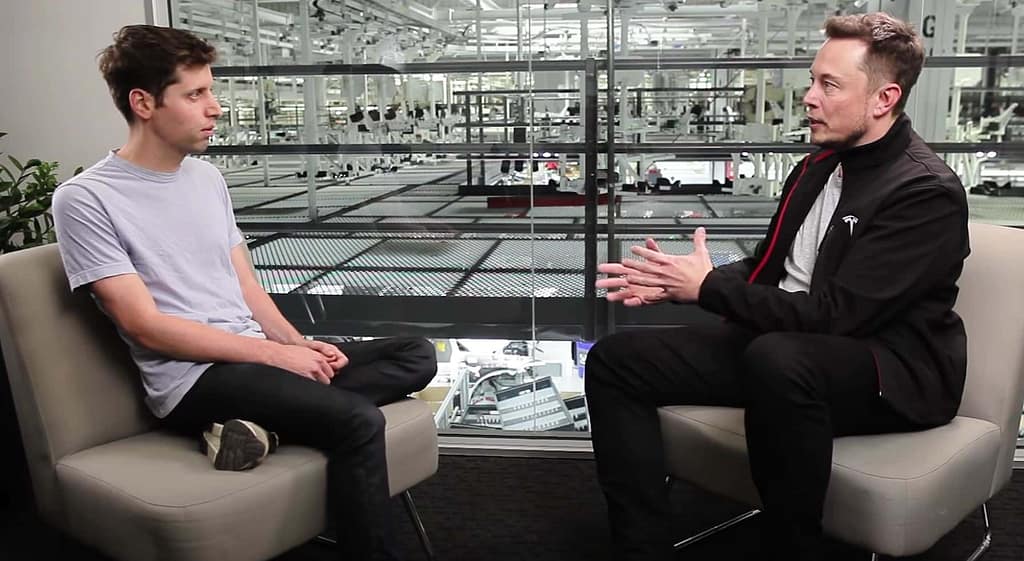After feigning a relative “pause”, the world’s richest man and self-proclaimed “absolutist” of freedom of expression, is entering the battle to conquer the artificial intelligence market. The tech rockstar has no intention of leaving the field open to his rival Microsoft, a major supporter of Open AI which, with ChatGPT and Midjourney, has carved out the lion’s share of this booming market in barely a year.
Elon Musk is rebelling against the status quo of the AI system. A virtual monopoly held by Open AI, which the Canadian entrepreneur financed for a time, but which escaped him just a few years before the company gained media recognition.
To win the day, Musk relies on a tactic of creating announcements shrouded in a cloud of vagueness, or presenting new products without any proven prototype… and it works, with audiences seemingly blown away by the advances made in the space of two conferences.
Between November and December, the multi-millionaire, boss of Tesla and Neuralink and founder of SpaceX, unveiled no less than two major projects: Grok, his proprietary generative artificial intelligence, and Optimus Gen 2, his humanoid robot.
Proof that when it comes to competition, Elon Musk wants the lion’s share, coveting much more than just the generative artificial intelligence market.
The missed Open AI opportunity
Like Frankenstein with his creature, before going to war with the Open AI research center, Elon Musk contributed to its meteoric rise.
Indeed, the sulphurous businessman was one of the co-founders, alongside the iconic Sam Altman, of this project which aims to “advance digital intelligence in the way that would most benefit humanity, without this research being dictated by the need for a return on investment”…

In 2015, Elon Musk funded what was then a non-profit collective dedicated to the ethical challenges of artificial intelligence. The project was developed in response to his “friend” Larry Page of Google. He had confided his desire to forge closer ties with DeepMind, another leading AI player. However, in 2013, Google took over ownership of the project.
A month later, in January 2014, Elon Musk thus declared “the future of AI cannot be controlled by Larry.”
Click here to read the entire article on Luxus Magazine.
Featured photo: © Le Décodeur


















